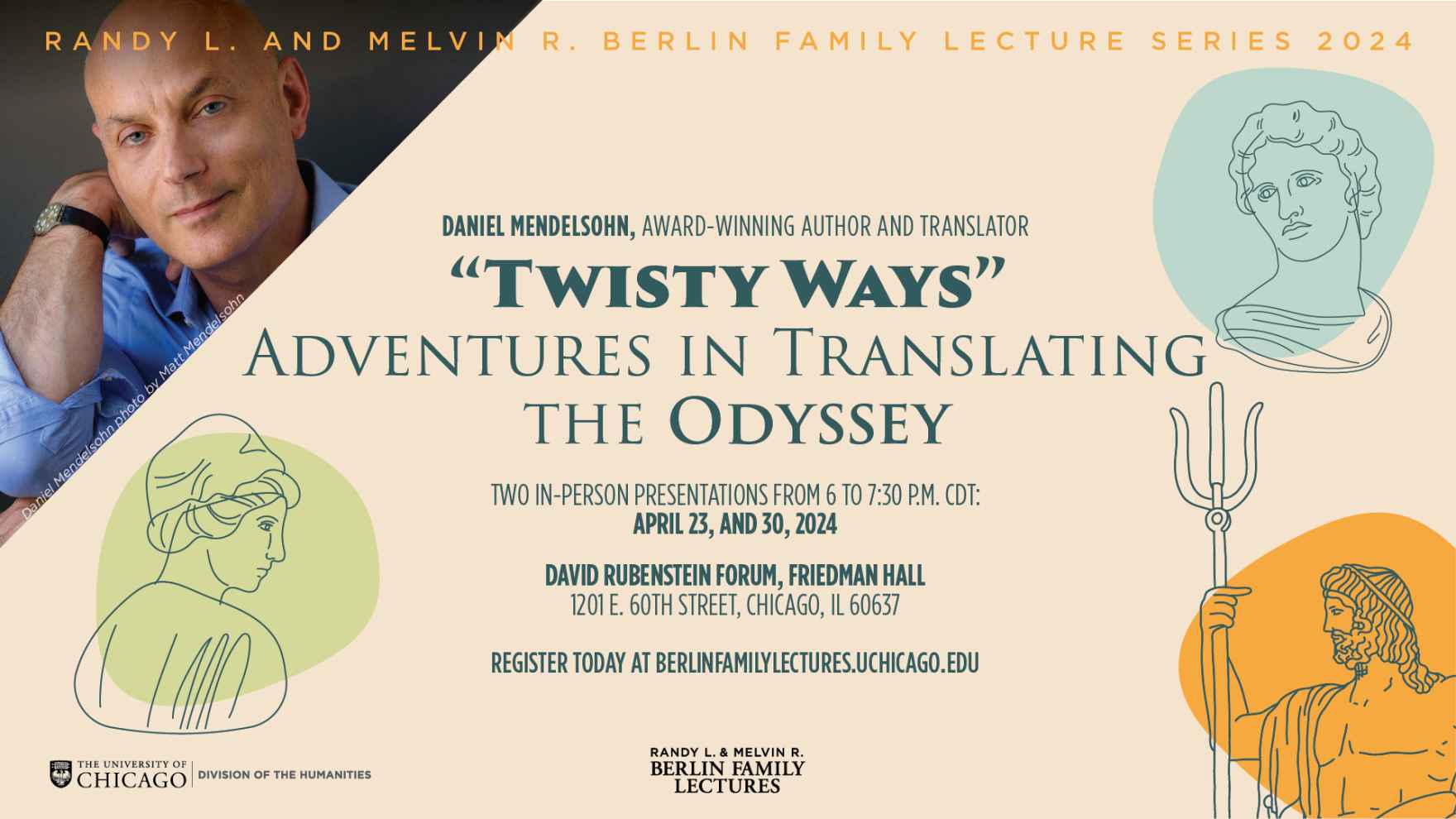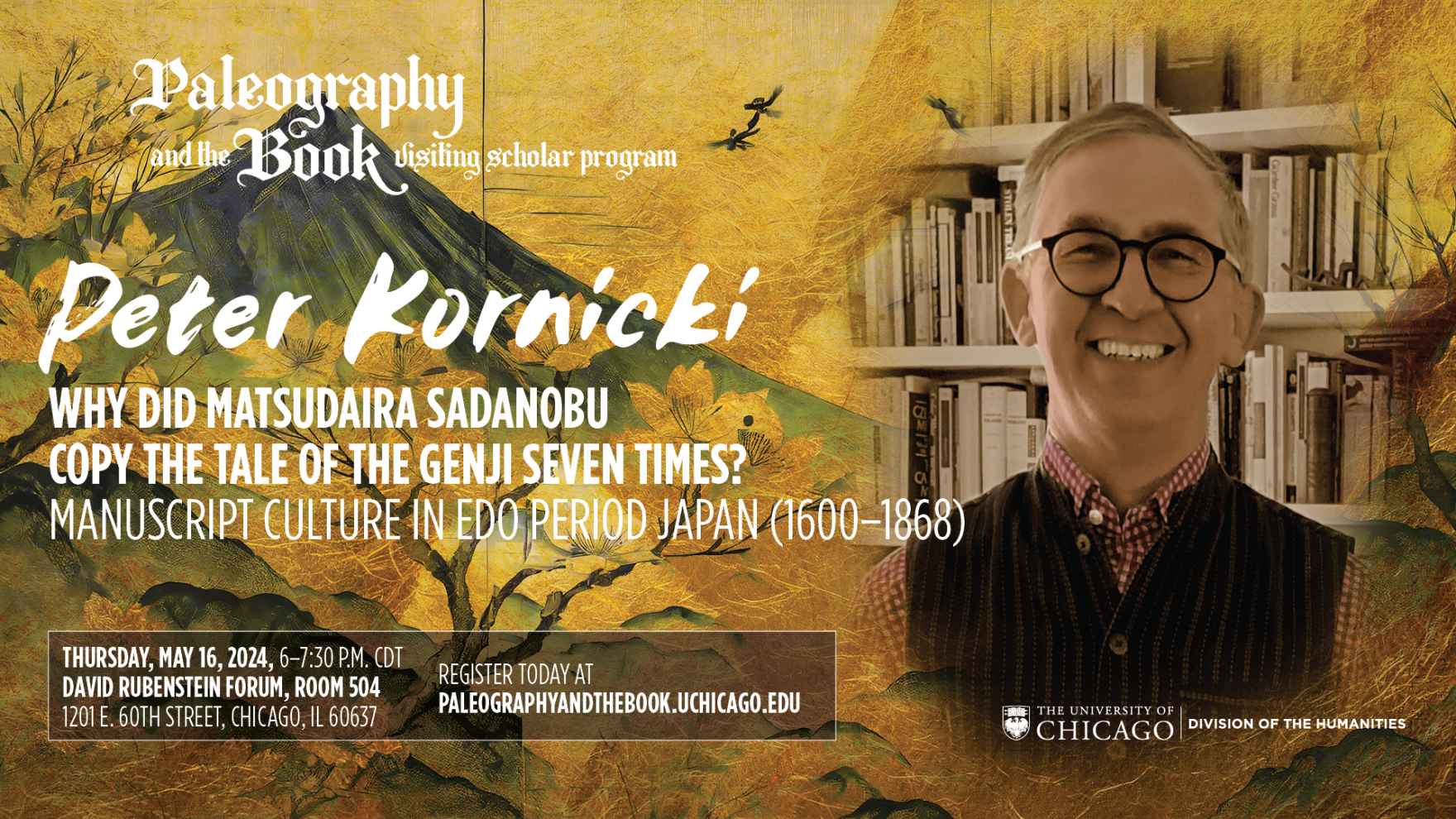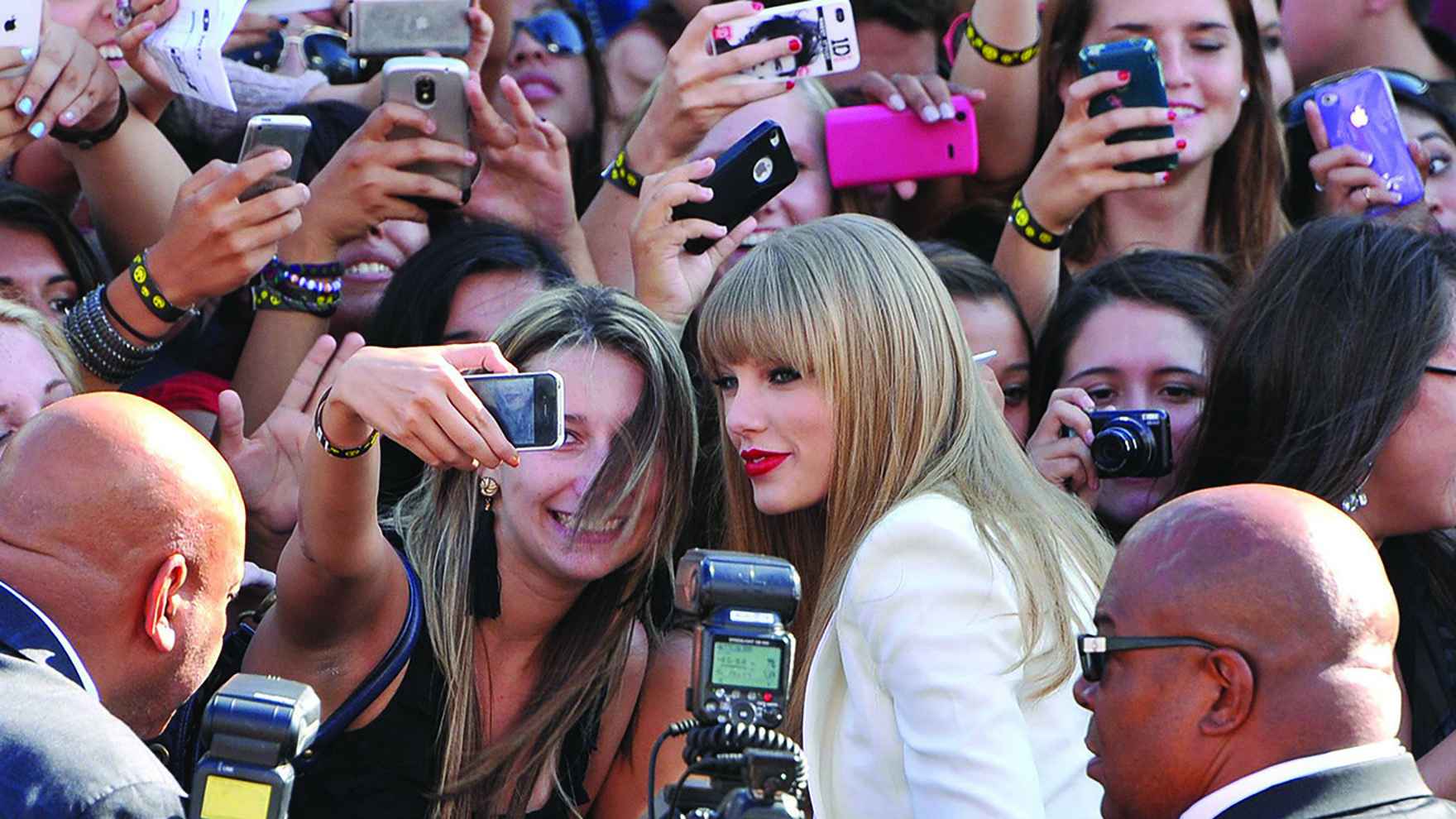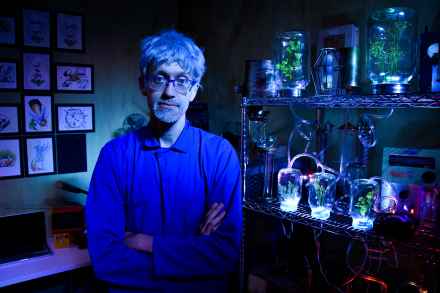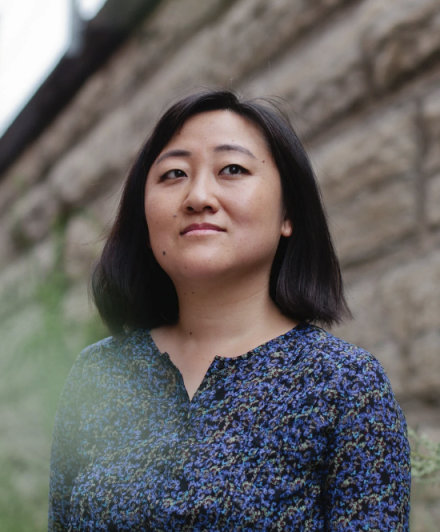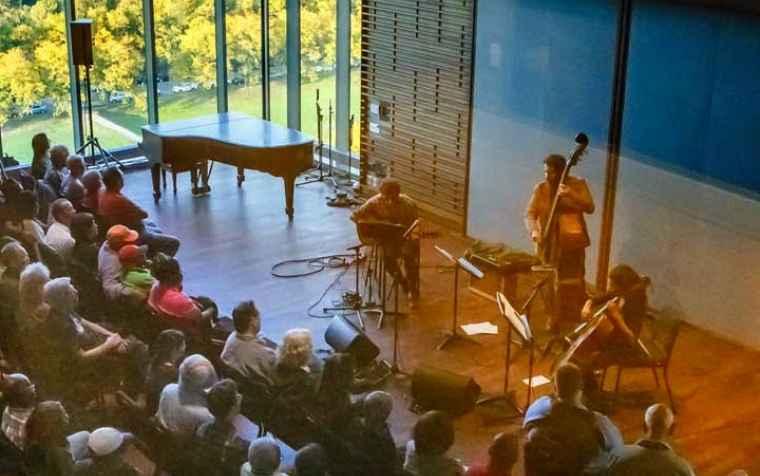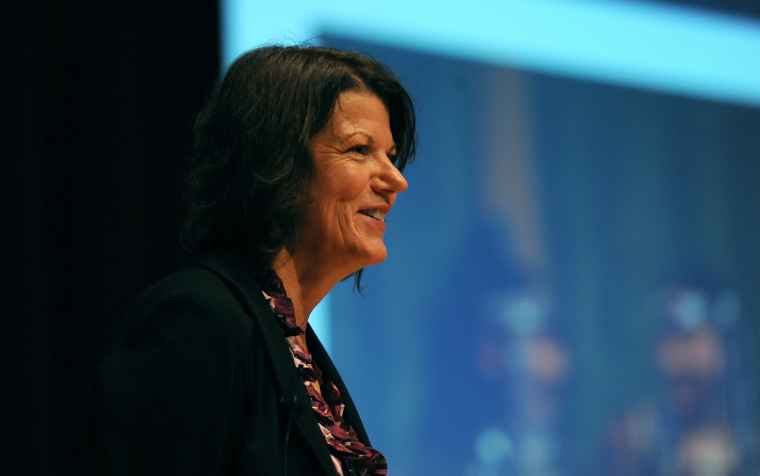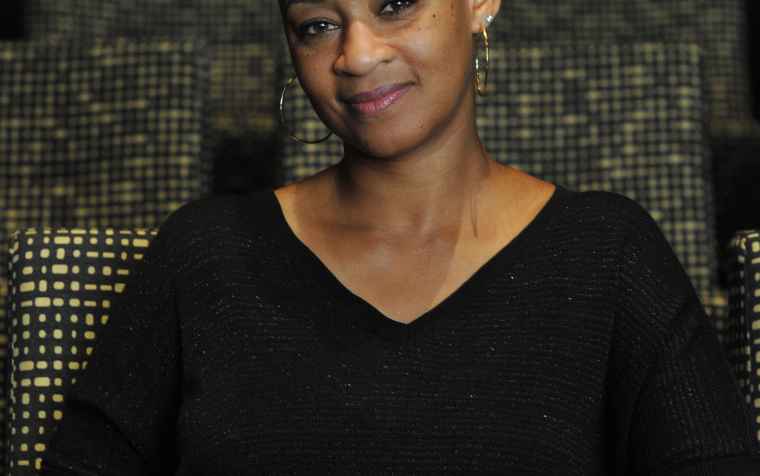Five UChicago Scholars Awarded 2020 Guggenheim Fellowships
Guggenheim Fellowships have been awarded this year to five University of Chicago scholars, writers and artists who examine everything from sign language to video games to theater, from medieval Islam to the 20th-century United States.
Four of the five scholars—Prof. Diane Brentari, Prof. Patrick Jagoda, Prof. Tahera Qutbuddin, and Associate Prof. Catherine Sullivan—are from the Division of the Humanities and are among the 175 fellows selected in this year’s class from nearly 3,000 applicants. Since 1925, the Guggenheim Fellowships have been given on the basis of prior achievement and exceptional promise—granting more than $375 million to over 18,000 individuals.
Alternate Reality Game Sparks Innovative Student Ideas About Climate Change
As one of their first challenges at the University of Chicago, undergraduate students were given five minutes to tell the world how they planned on saving it. A new 17-minute video showcases UChicago students talking about how the alternate reality game, Terrarium, encouraged them to think critically about climate change.
Media Mentions: April 2020
The latest media mentions, quotes, profiles, and writings from Division of the Humanities faculty, students, staff, and alumni. Visit us on Twitter and Facebook for more updates.
UChicago Writer's Post-Apocalyptic Novel Earns Her Prestigious Honor
Ling Ma doesn’t feel like an oracle, even as her award-winning debut novel about an epidemic finds new resonance amid the coronavirus outbreak. Published in 2018, Severance was inspired by emergencies of lesser scales: the 2002 SARS epidemic, Hurricane Sandy, and the 2011 snowpocalypse that shut down Chicago businesses and schools.
“I thought about how companies would react when these catastrophes happened,” said Ma, AB’05, an assistant professor of practice in the arts in the University of Chicago’s Program in Creative Writing. “I thought about my jobs, how people interact in the workplace and the power hierarchies. And how the media metabolizes larger-than-life events, trying to create a narrative for us in real time.”

